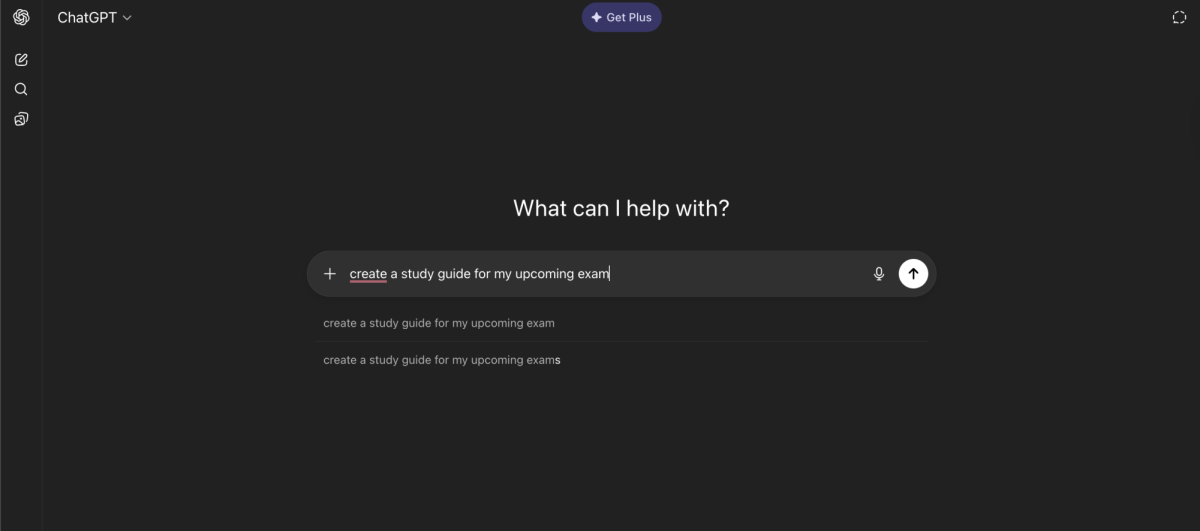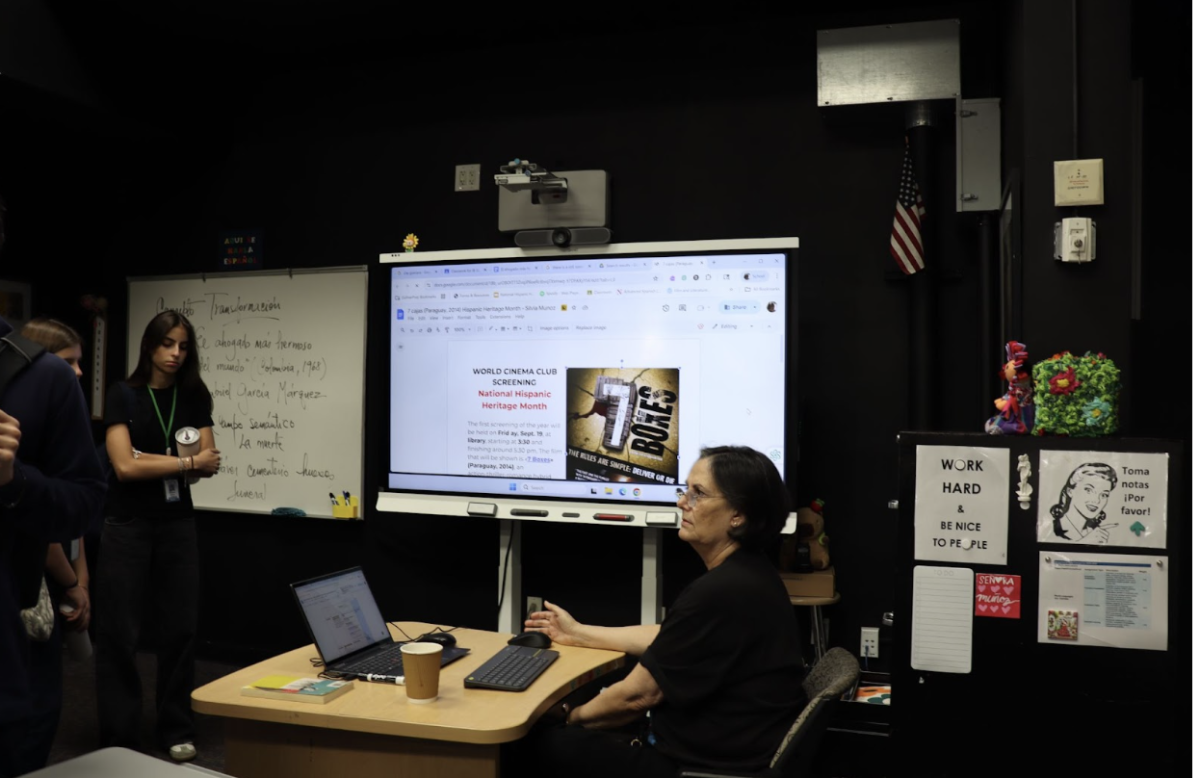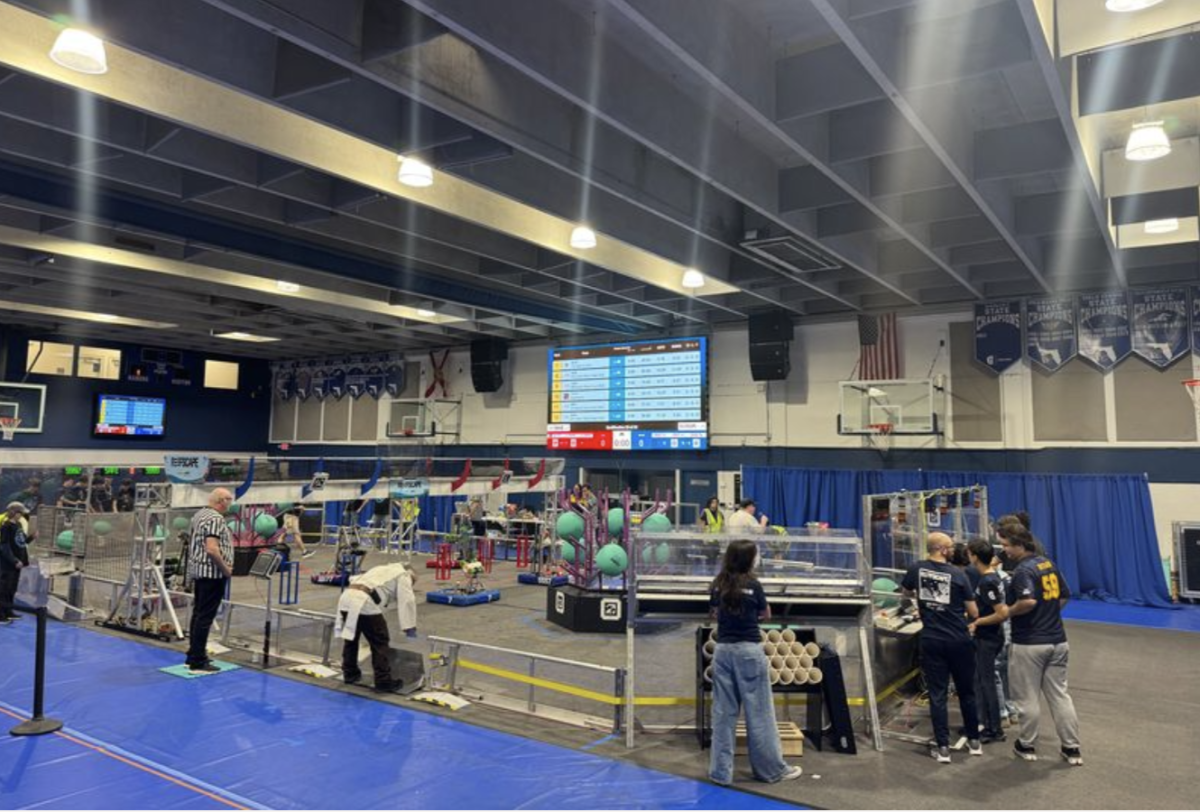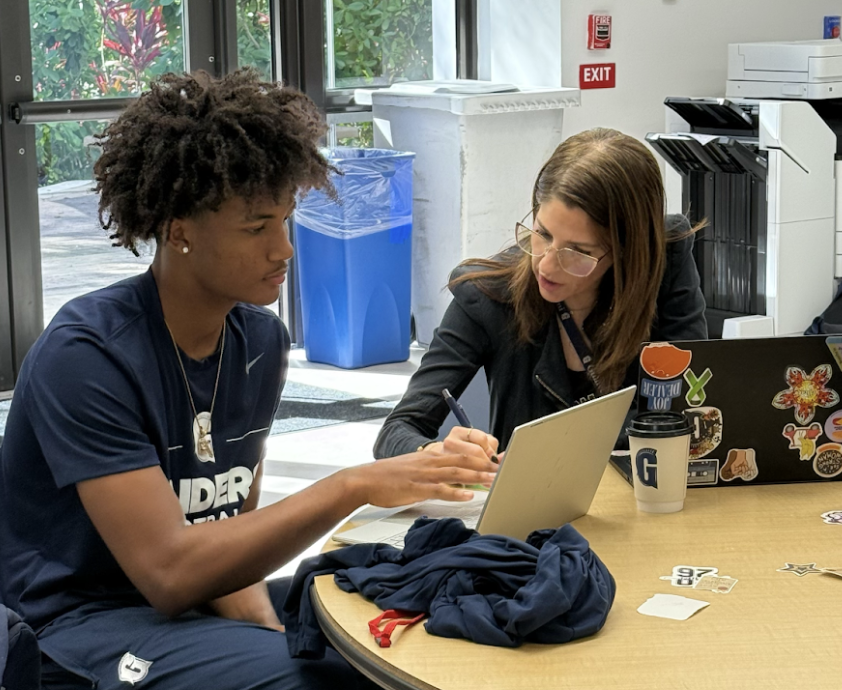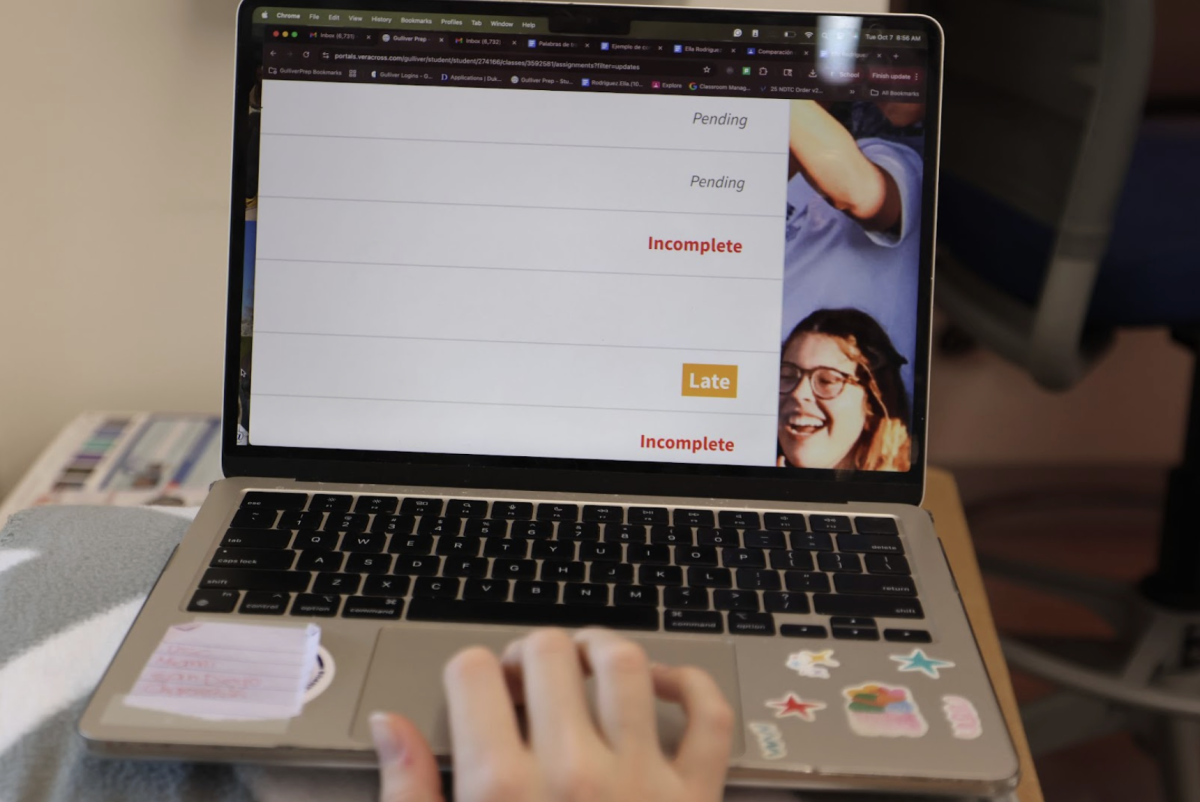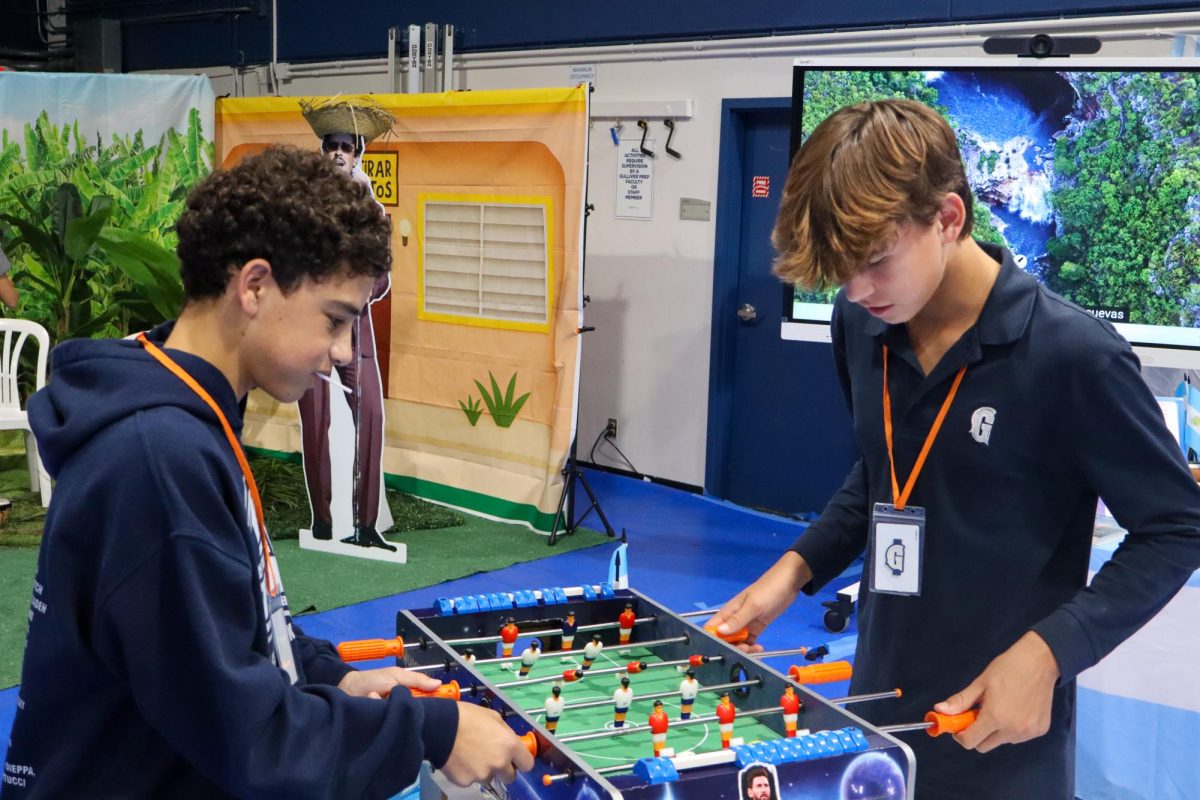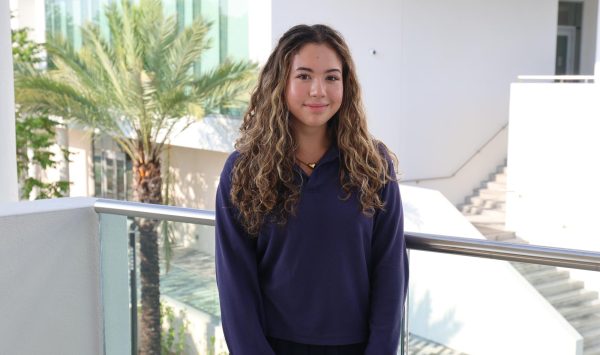According to a survey conducted by the Pew Research Center in January 2025, 26% of teens aged 13-17 use ChatGPT for their schoolwork. The advancement of artificial intelligence has led to the rising popularity of ChatGPT, leaving teachers with mixed feelings as to whether ChatGPT is beneficial or harmful to school learning.
“The reality is, sometimes, students use ChatGPT to cut corners,” English teacher Susana Zamora said.
Zamora finds that when students have a large amount of work due around the same time, or are feeling lazy, they tend to use artificial intelligence to complete their assignments. She emphasized that this can ultimately be detrimental to student learning since students are not using critical thinking and problem-solving.
“A student who is committed to learning is going to achieve that no matter what, whereas a student who is lazy and does not care will not [regardless of ChatGPT use]. So I don’t think that artificial intelligence is going to benefit or restrain students in a way that will affect their success in the future,” Math teacher Julio Melendez said.
Although students control how they use ChatGPT to their benefit, many teachers have voiced concerns regarding ChatGPT preventing the necessary struggles students must encounter in order to achieve success.
“When learning any subject, especially a language, you have to struggle a bit and learn from the process. So the student needs to think and struggle to allow for true learning,” Chinese teacher Zoe Chen said.
However, according to History teacher Heriberto Cabada, artificial intelligence can be used as a tool for students rather than a replacement for their own work.
“When ChatGPT is used for assistance—for example, to help organize ideas or create study guides—it can be a useful element. So, I think when it’s used more in line with that, it’s extremely convenient,” Cabada said.
Multiple teachers agreed with Cabada; however, many also emphasized the importance of fact-checking ChatGPT responses.
“In mathematics, ChatGPT still is not 100% reliable. Students realize that maybe it [ChatGPT] is not worth it, so I don’t think most math teachers resist the platform. I believe that ChatGPT is a great tool, but it really depends on how you [teachers] allow students to use it and how you guide them to know how they should use it,” Melendez said.
ChatGPT can be both a tool and a threat to education. There is no avoiding the platform, as it is constantly growing and advancing. Teachers are realizing that they must educate their students on how to use it for their benefit, without diminishing the students’ process of growth and development.
“At the beginning of the school year, I spent some time discussing the proper usage of AI: the school’s policy, my policy, and the more useful ways of using it in terms of prompt development,” Cabada said.
Overall, every teacher is different. There are those that completely oppose ChatGPT and those that guide students on how to use it to their advantage.

